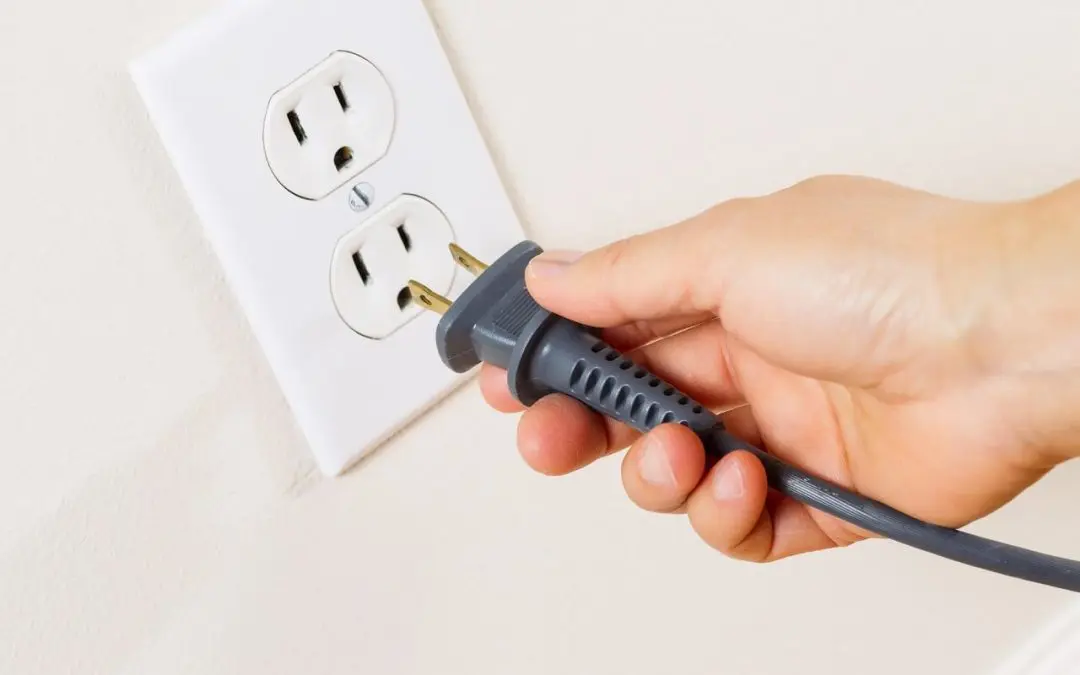A safe home is essential for the well-being of your family, and there’s no room for compromise regarding electrical safety. Keeping your electrical system up to date is not just a matter of practicality; it’s about safeguarding your loved ones and your property. Here are a few simple and effective ways to improve electrical safety in your home.
Tips to Improve Your Home’s Electrical Safety
1. Regular Inspections
The foundation of electrical safety is a well-maintained system. Schedule routine electrical inspections with a qualified professional to identify issues. These inspections are like a check-up for your home, ensuring components are in good working order so everything runs smoothly and safely.
2. Improve Electrical Safety by Updating Outdated Wiring
If your home has outdated or deteriorating wiring, it’s essential to upgrade. Old wiring might lead to electrical fires, shock, and other hazards. Replacing it with modern, safer materials is a wise investment in your home’s safety and will prevent issues.
3. Install Ground Fault Circuit Interrupters (GFCIs)
GFCIs help prevent electrical shocks and fires. These devices monitor the flow of electricity and shut off power in a fraction of a second if they detect a ground fault. Install GFCIs in damp areas, like kitchens, bathrooms, and outdoor outlets, to protect against electrical shock.
4. Surge Protection to Improve Electrical Safety
Power surges can occur suddenly and wreak havoc on electrical devices. Protect your valuable electronics and appliances by installing surge protectors. These devices absorb excess voltage and protect your appliances and electronics from damage.
6. Secure Electrical Cords to Improve Electrical Safety
Loose or exposed cords can be a tripping hazard, and continued friction or impact can damage the wires inside. Use cable clips, ties, or cord covers to secure and protect cords, especially in high-traffic areas. Never run electrical cords beneath carpets or rugs. These steps keep your family safe and prolong the life of your electronics.
7. Don’t Overload Circuits
Many homeowners use power strips when they run out of outlets. However, plugging too many appliances and devices into a single outlet can lead to overheating and a house fire. Distribute your electrical load evenly and use power strips only temporarily if necessary, verifying they have built-in circuit breakers for added safety.
8. Childproof Electrical Outlets
If you have young children, childproof your electrical outlets. Easy-to-install outlet covers prevent curious little fingers from coming into contact with live electrical components.
9. Maintain Outdoor Electrical Systems
Inspect your outdoor electrical systems. Check outdoor outlets, lighting, and extension cords for signs of wear or damage. If you use lighting on the deck or patio, verify it is intended for outdoor use.
10. Don’t Rely on Extension Cords
While extension cords are convenient, relying on them for long-term use is not advisable. If you consistently need extension cords, hire a professional to install additional outlets or circuits. Extension cords should only serve as temporary solutions.
Electrical safety is an essential aspect of homeownership. Following these tips will reduce the risk of accidents, fires, and other electrical hazards in your home.
Homeworx Services Inc. offers home inspection services to customers in Northern Virginia. Contact us to schedule an appointment.

